Food Waste Problem in the UK: Analysis and Recommendations Report
VerifiedAdded on 2022/12/29
|34
|3745
|30
Report
AI Summary
This report investigates the pervasive issue of food waste in the UK, employing a mixed-methods approach. The study commences with an introduction highlighting the global significance of food waste and the strategies employed to mitigate it, specifically focusing on the UK context. Qualitative data, gathered through interviews with managers from Kennan Recycling Ltd and Rubbish Facts, explores perceptions on the sources of food waste, organizational initiatives for waste management, challenges faced, and a comparative analysis of the UK's performance against other countries. Thematic analysis of the interview transcripts reveals key themes related to the origins of food waste (households, farms, restaurants), waste management strategies (audits, advanced technologies), challenges (climate change, energy efficiency), and the UK's relatively better performance compared to the US. Quantitative data, derived from a questionnaire administered to employees of Kennan Recycling Ltd, provides numerical insights into the problem. Thematic analysis of the survey data, presented through tables and graphs, examines the increasing trend of food waste in the UK, the areas contributing the most waste (urban areas), the types of waste generated (wet and dry), the perceived root causes of food waste (over-purchasing, over-preparation), the impact on climate change, individual actions to reduce waste, organizational compliance with regulations, and the food waste management strategies employed by the company (anaerobic composting, incineration). The report uses statistical analysis to determine the relationship between variables. Overall, the report offers a comprehensive analysis of food waste in the UK, combining qualitative and quantitative data to understand the complexities of the problem and suggest potential solutions.
1 out of 34
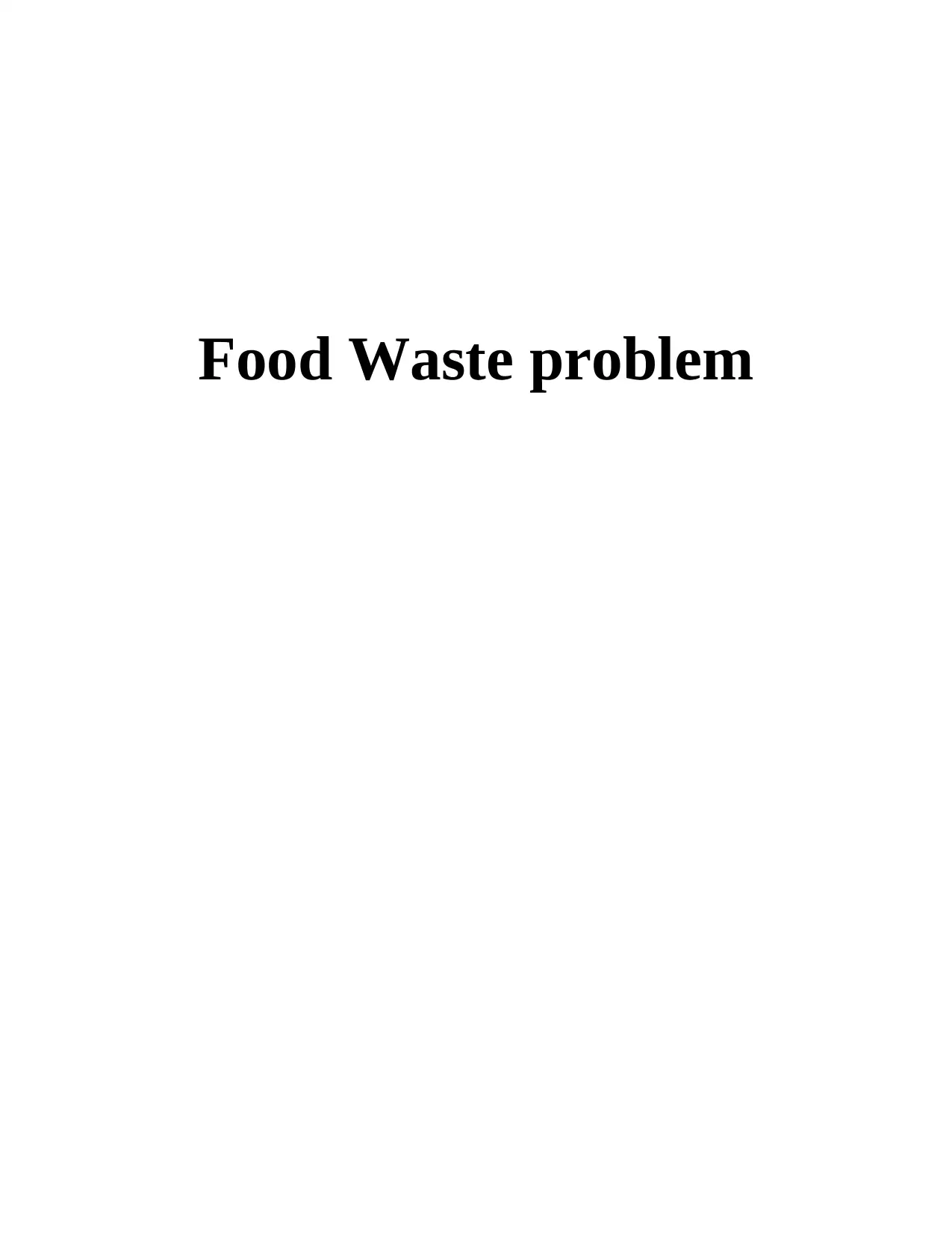
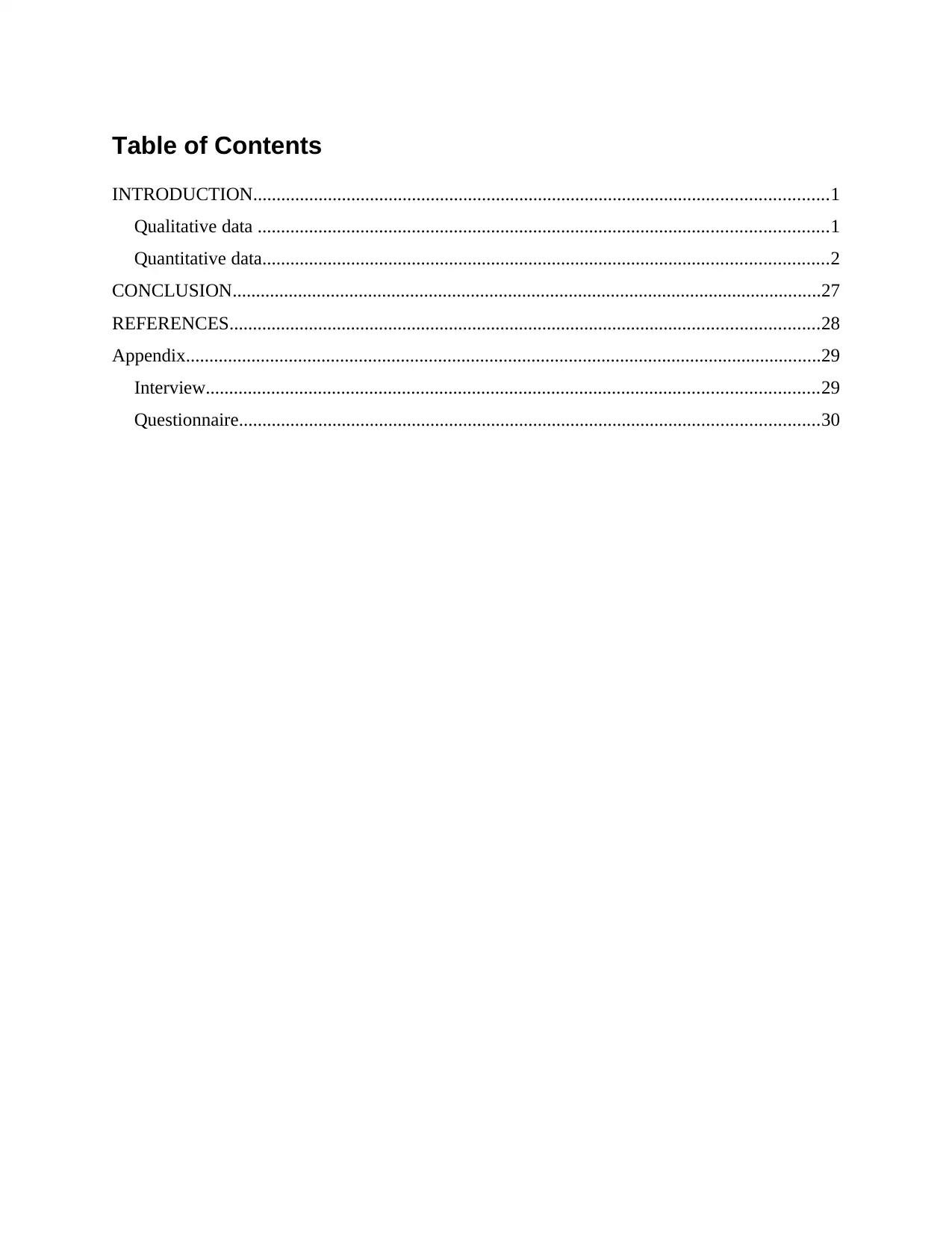
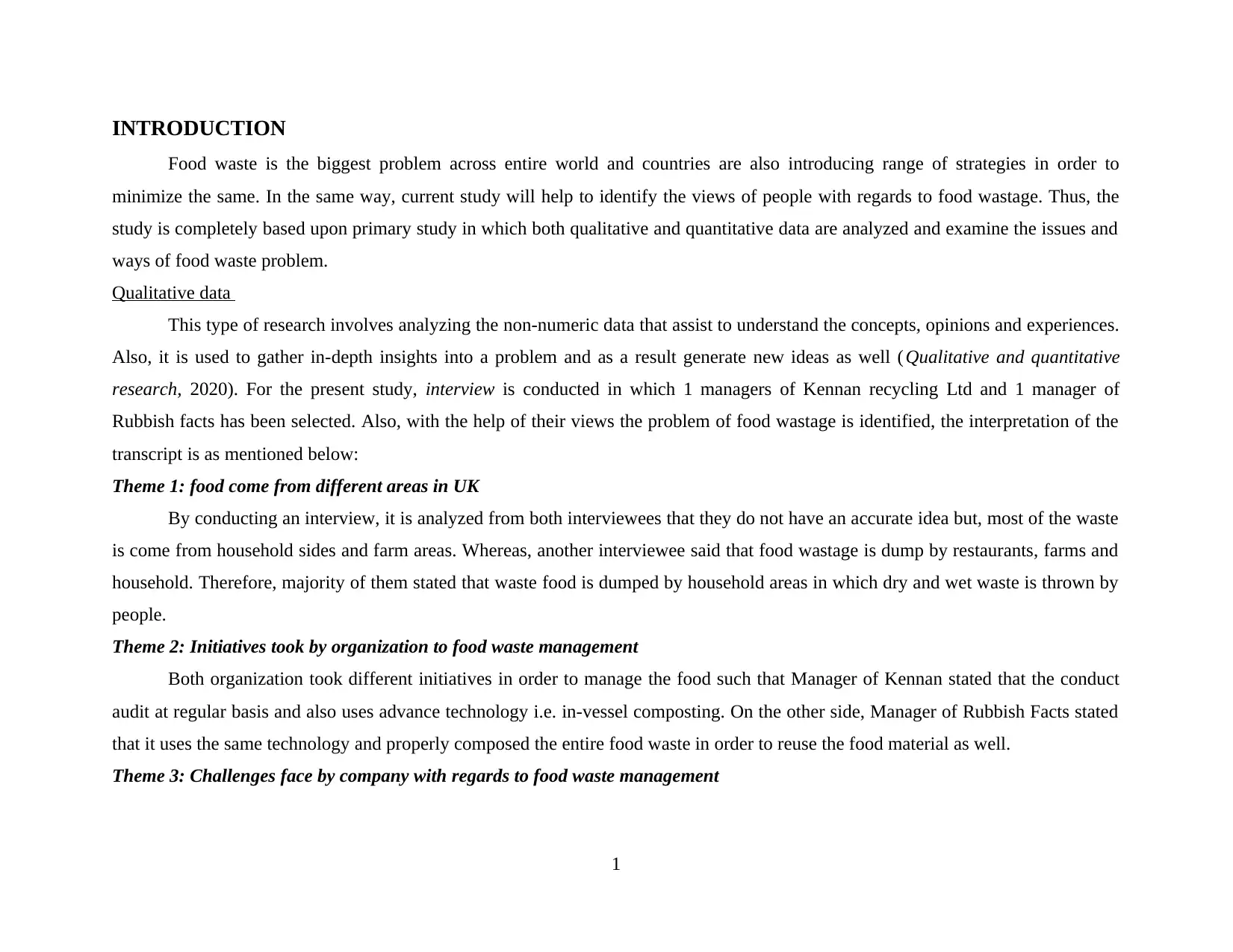

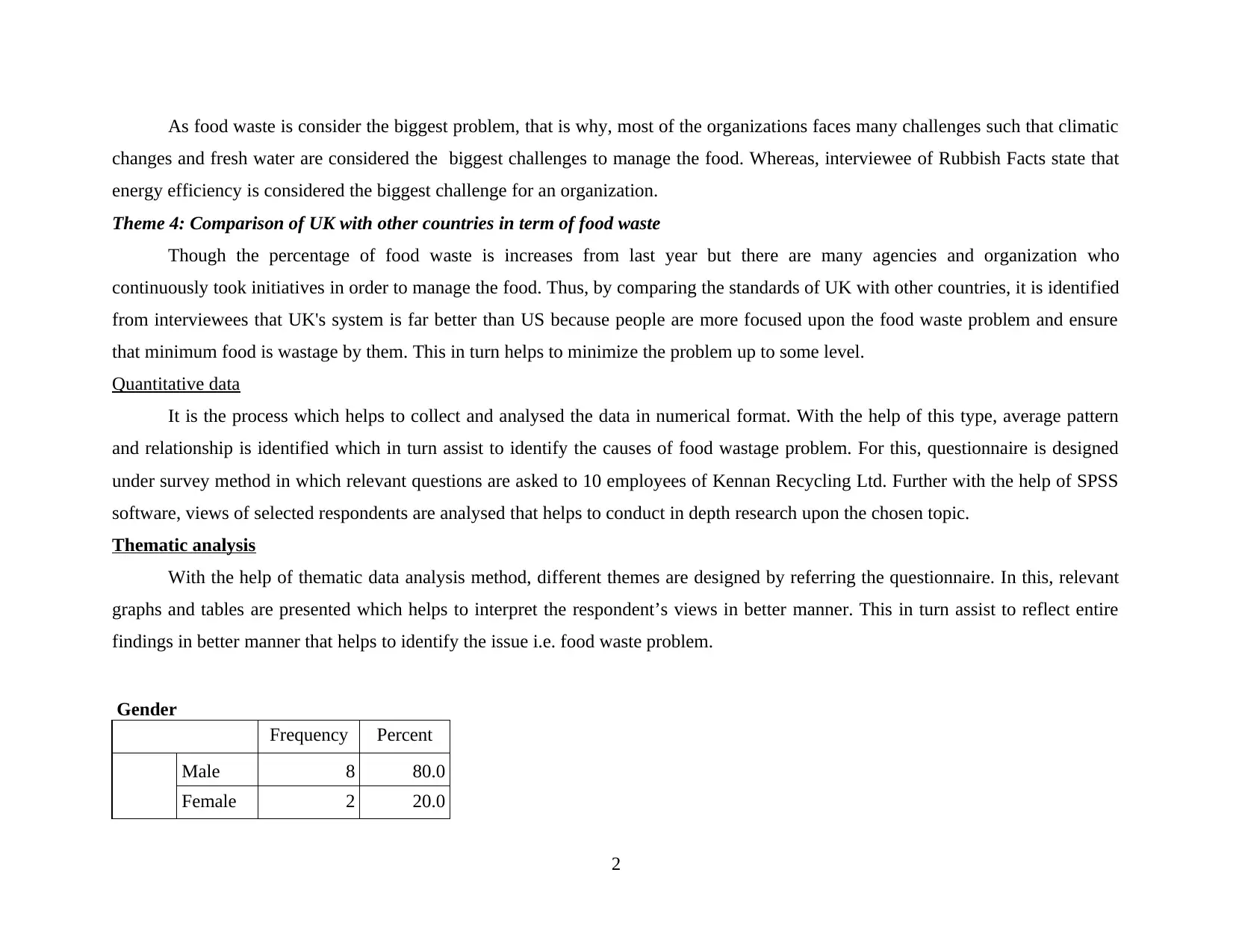
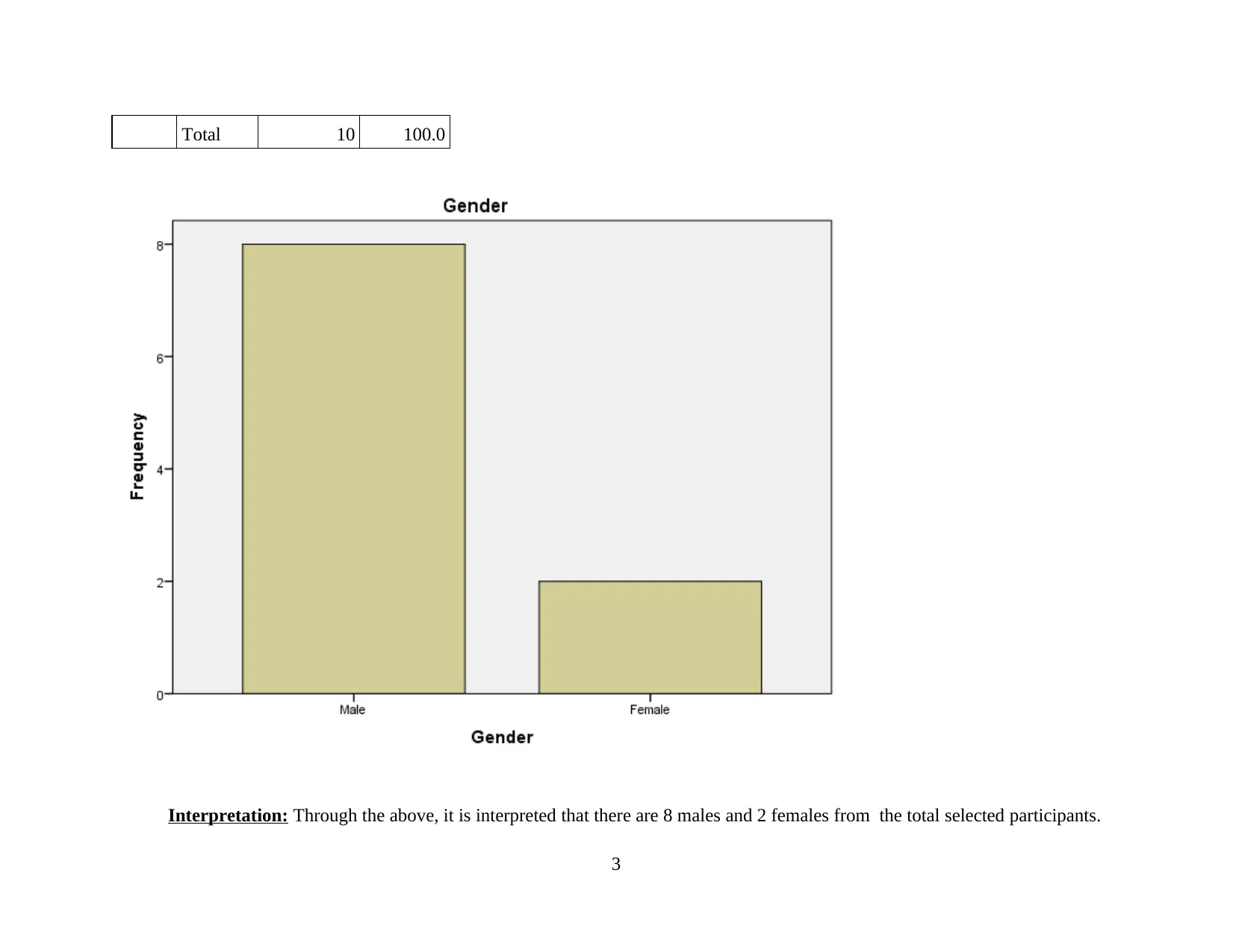
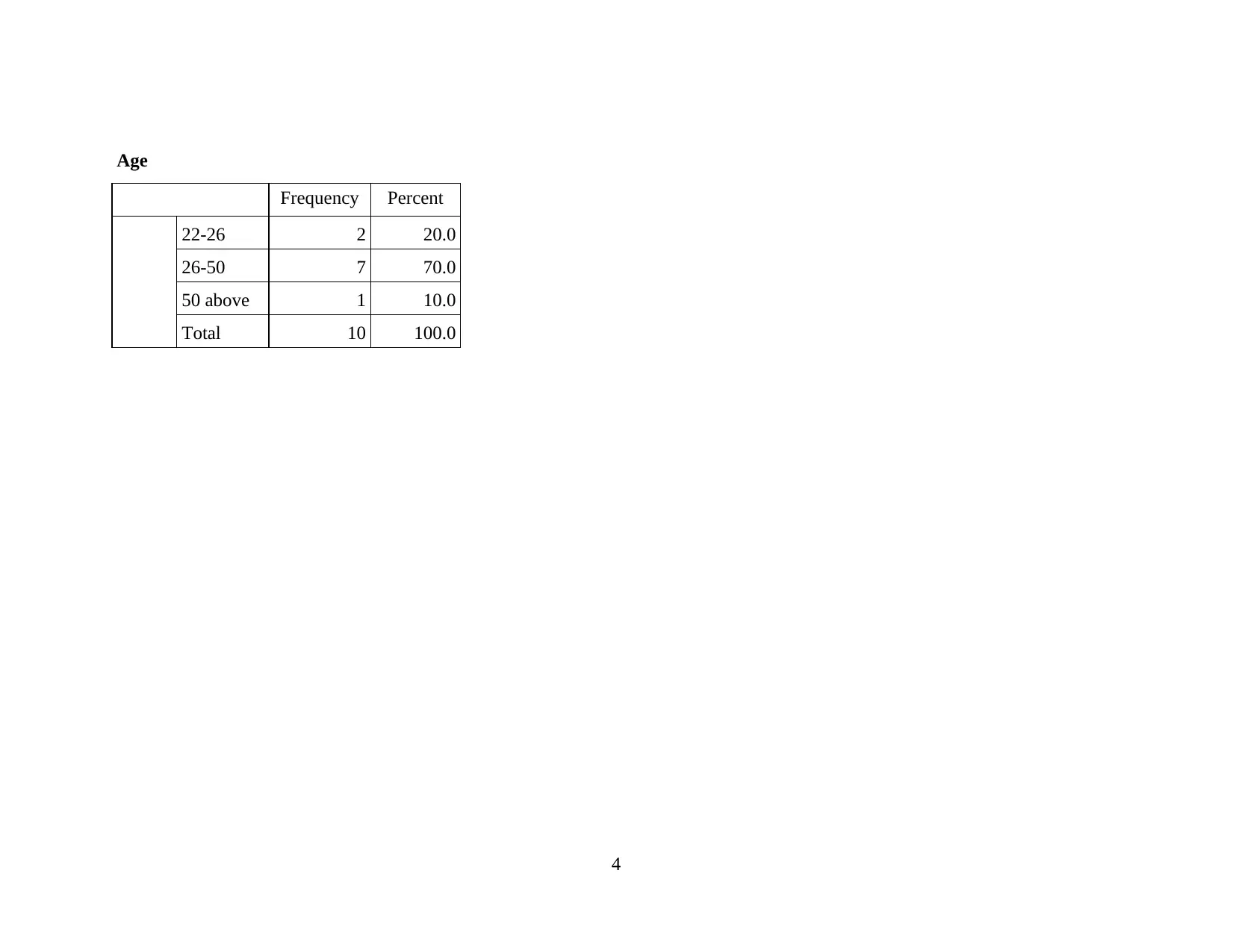
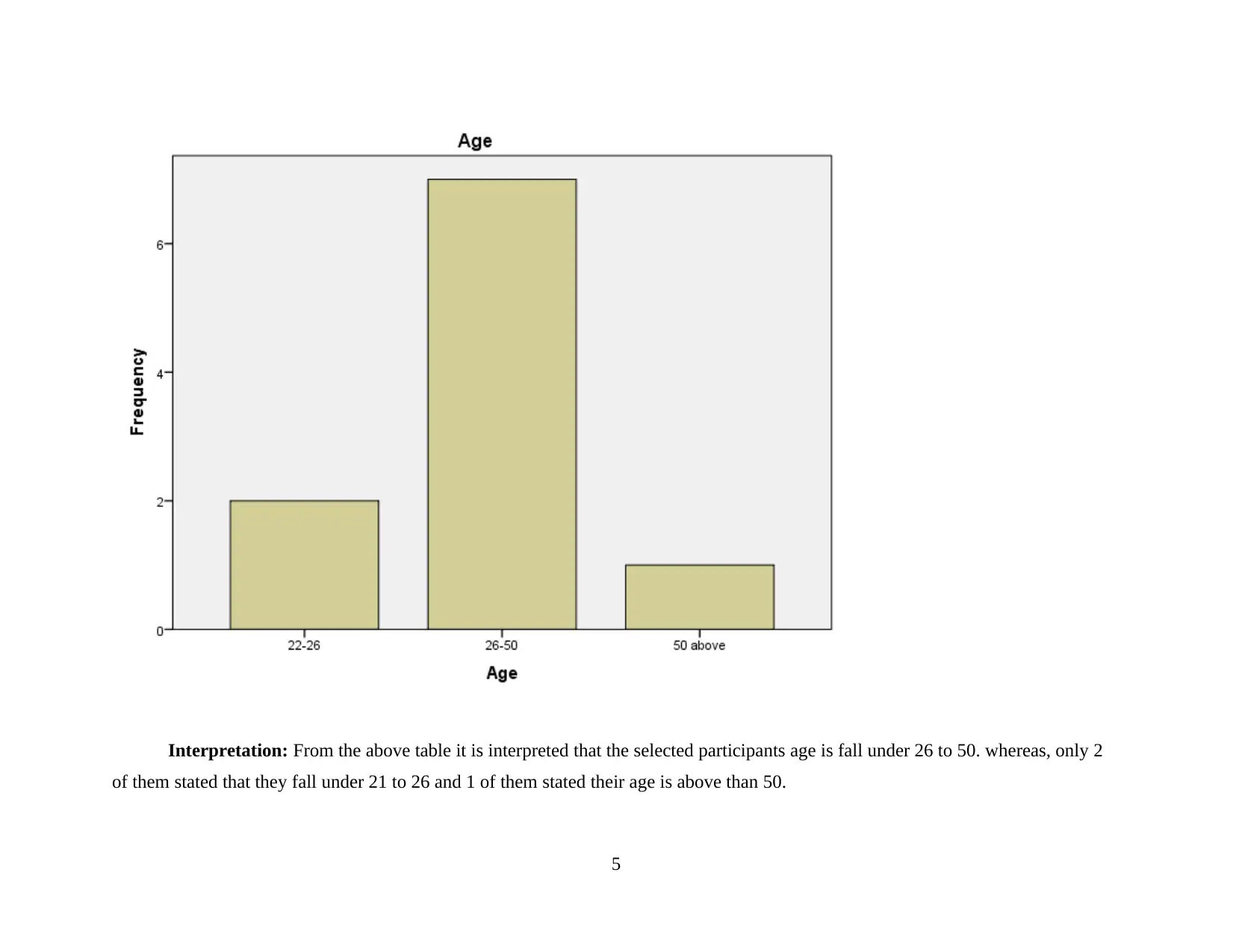
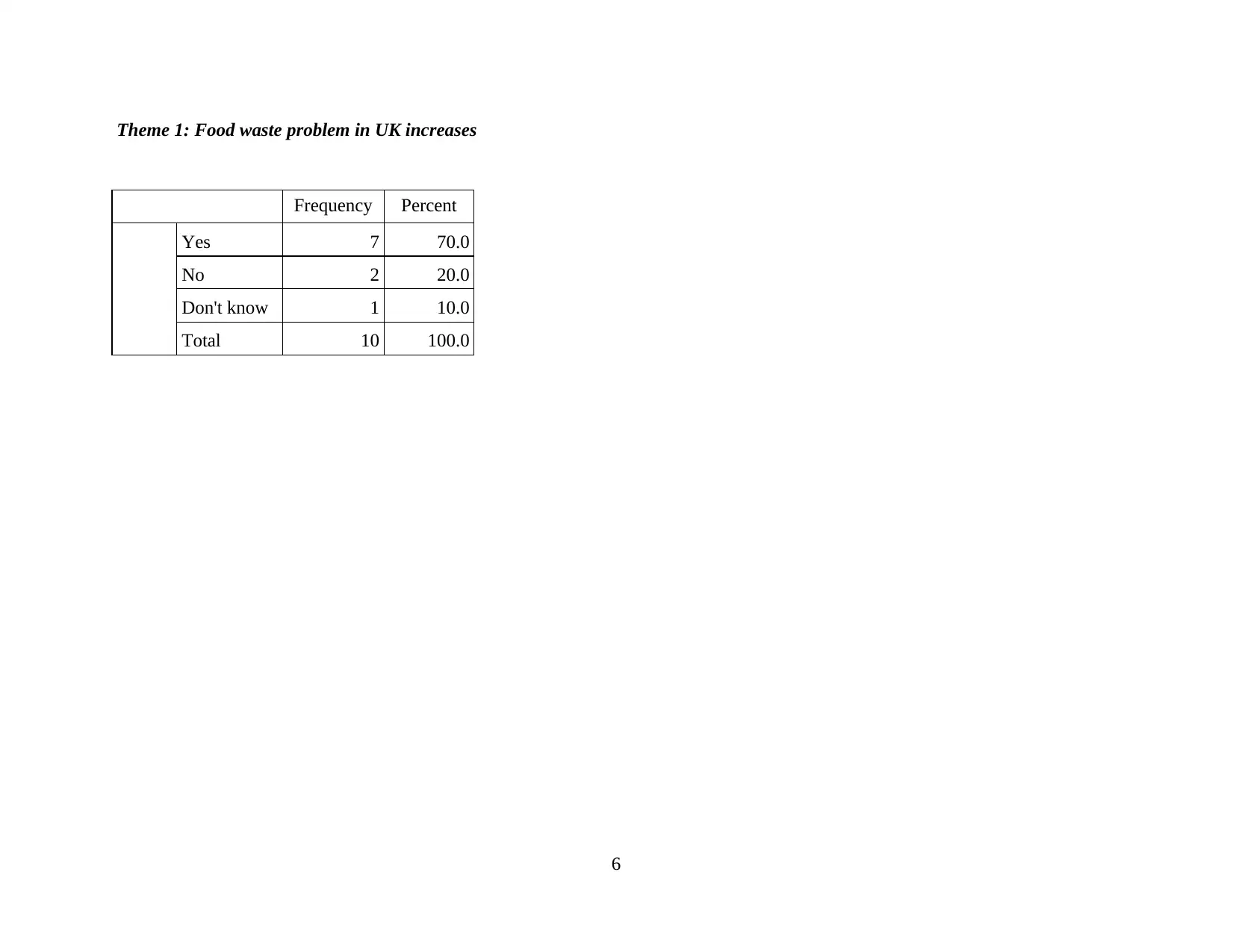
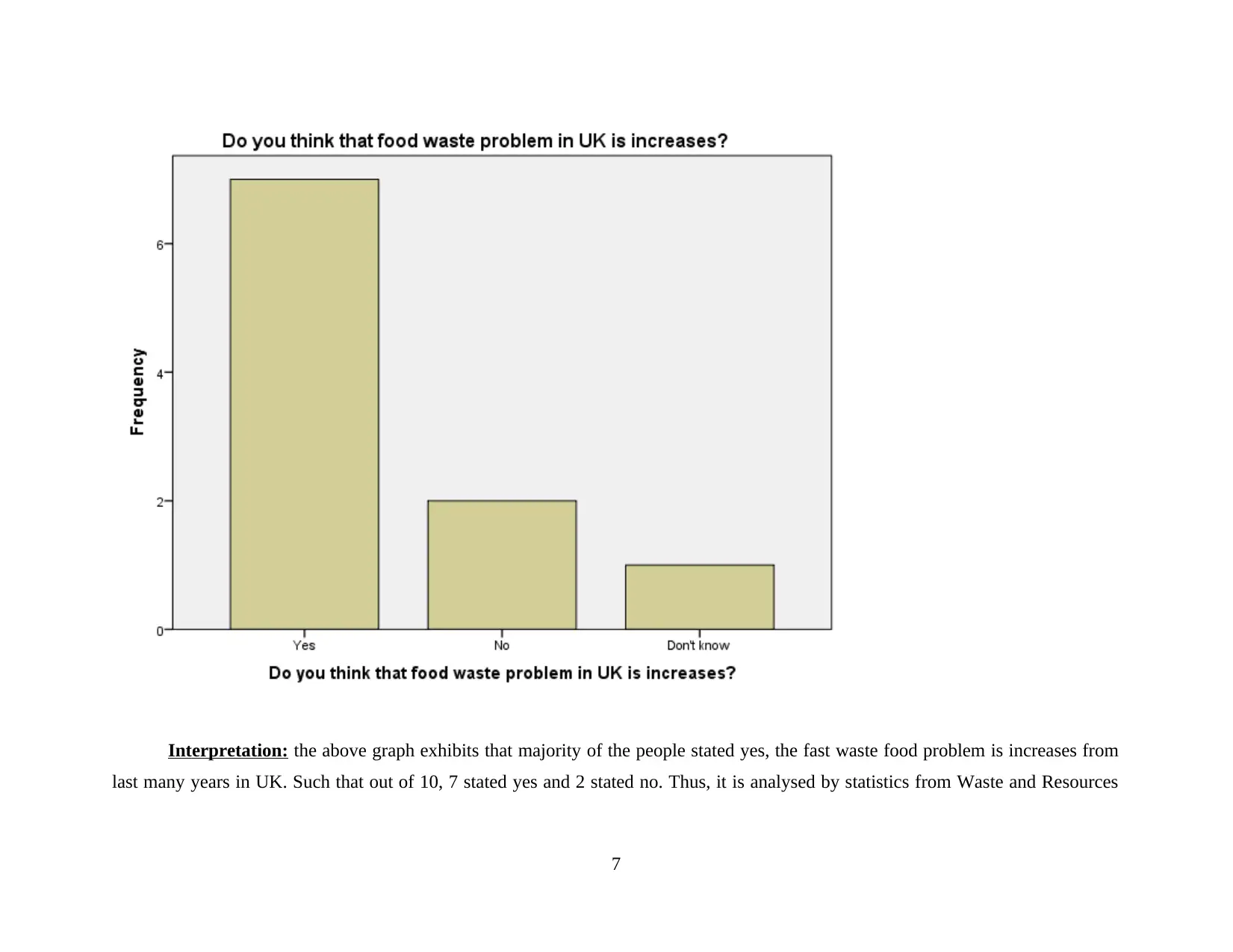
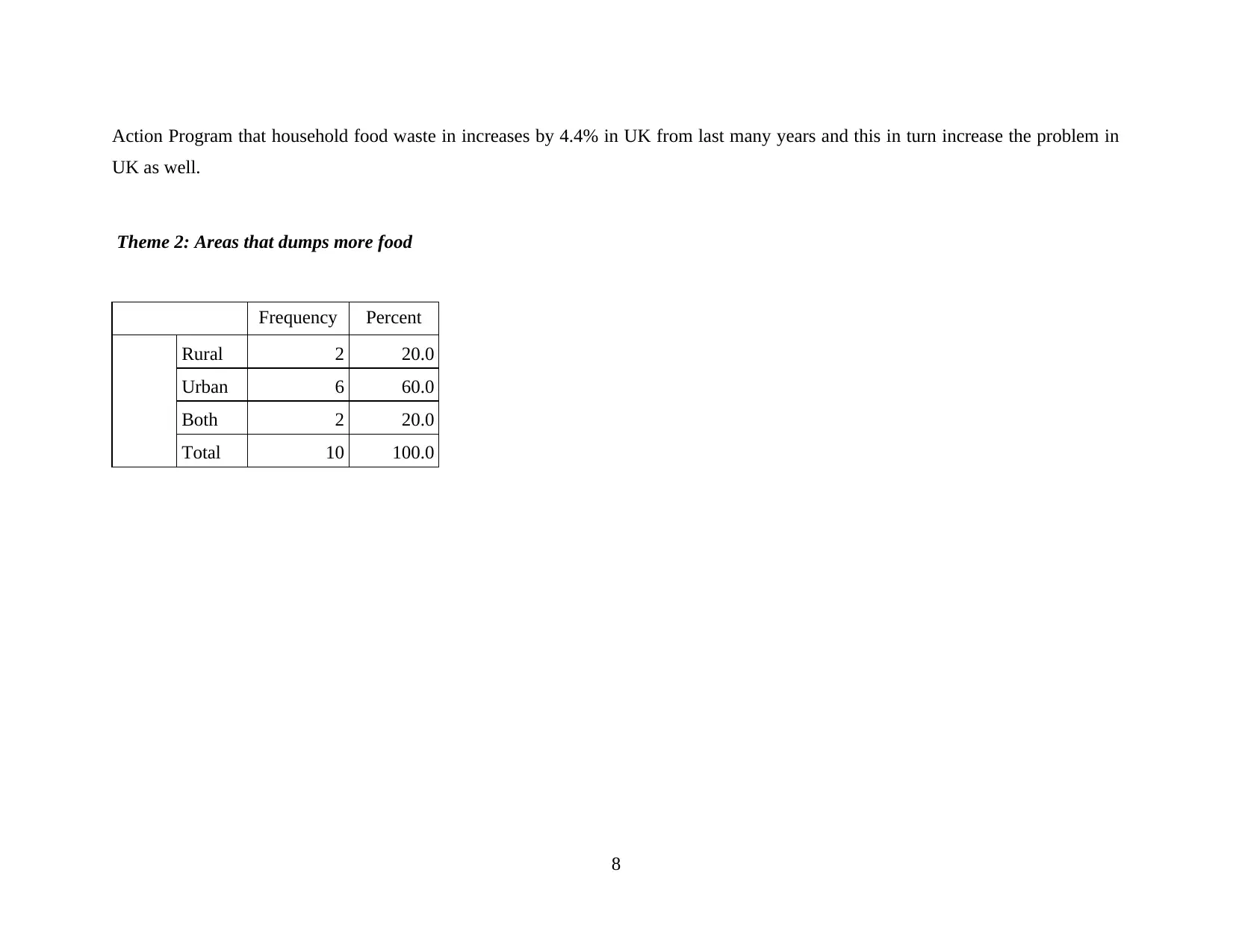
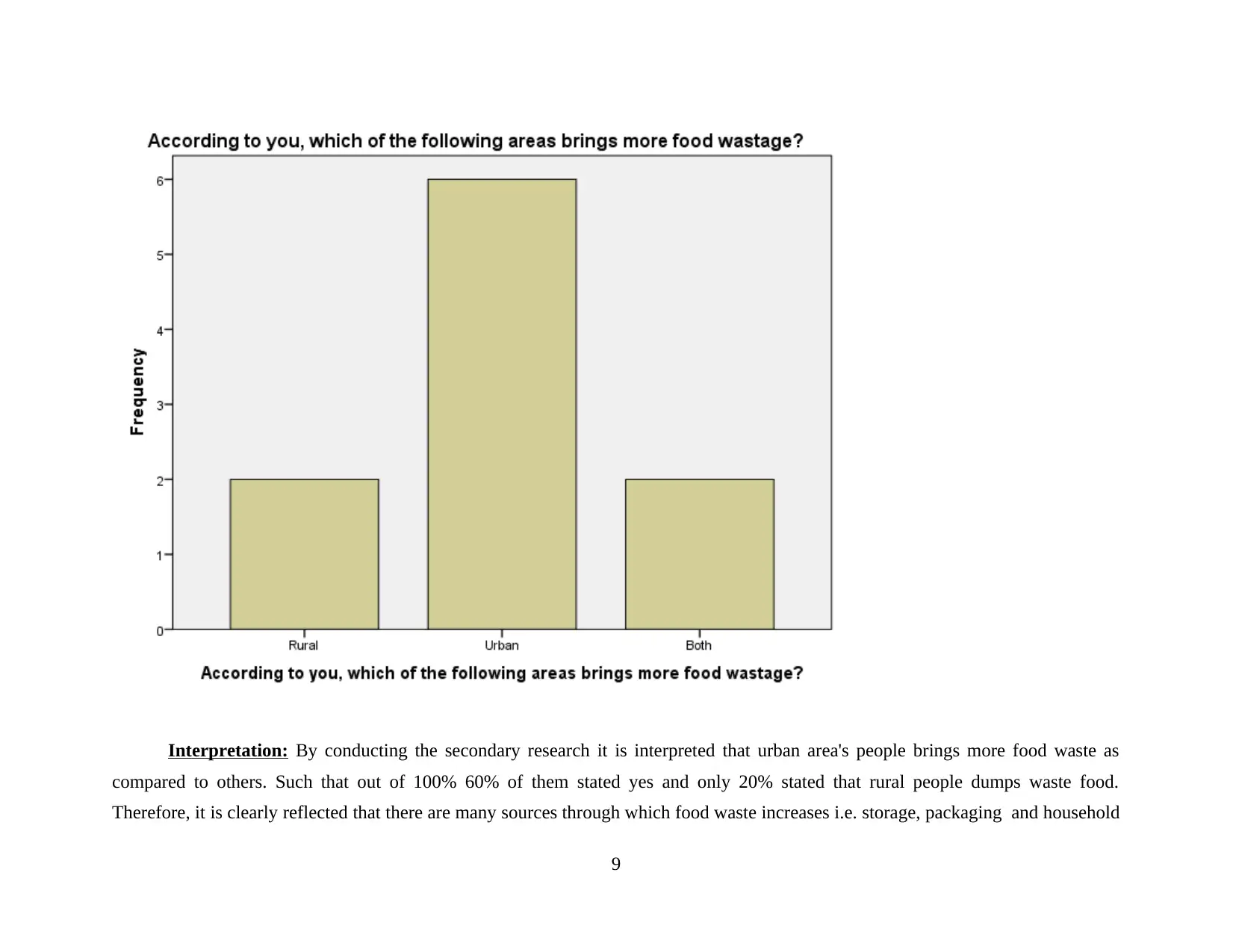
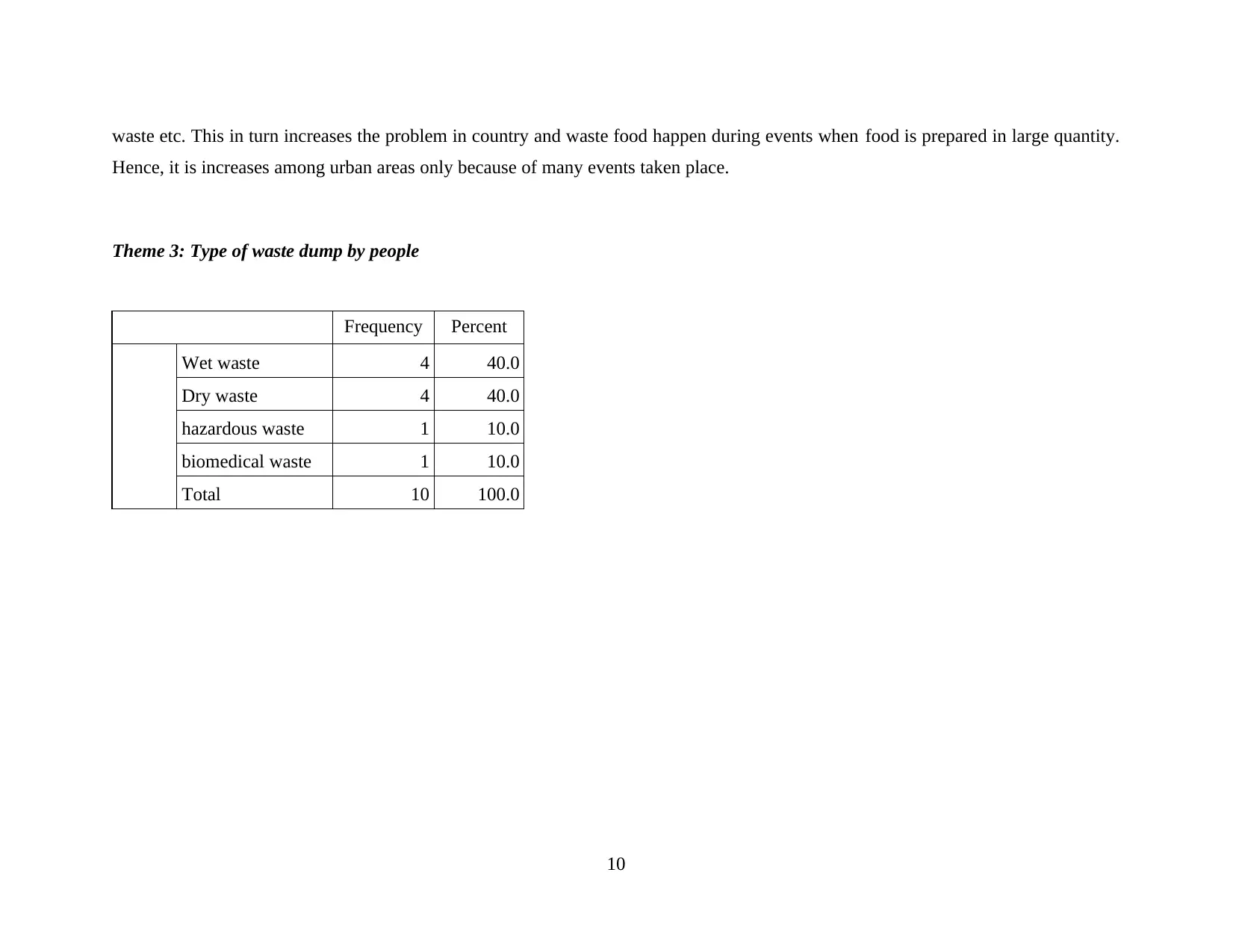
![[object Object]](/_next/static/media/star-bottom.7253800d.svg)